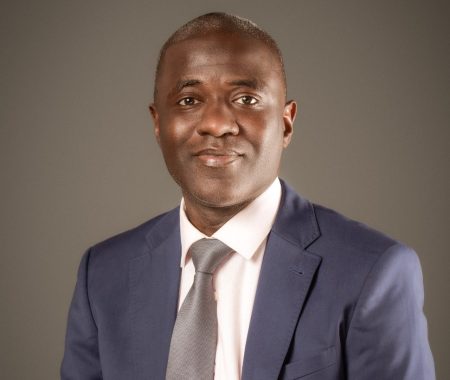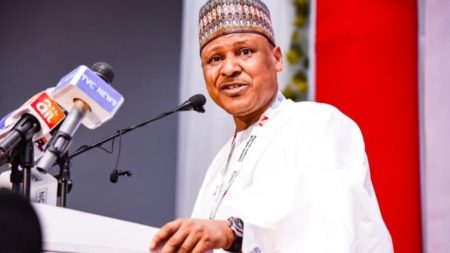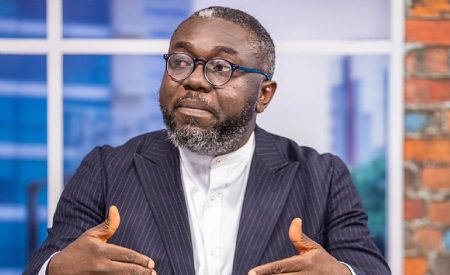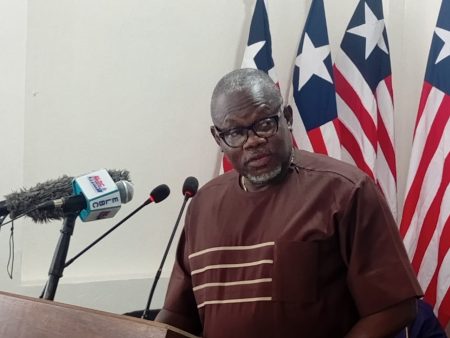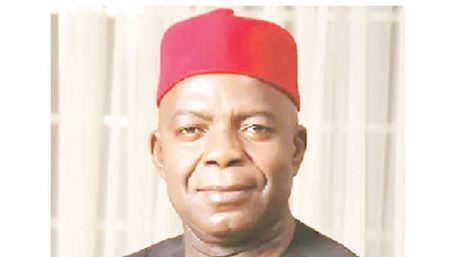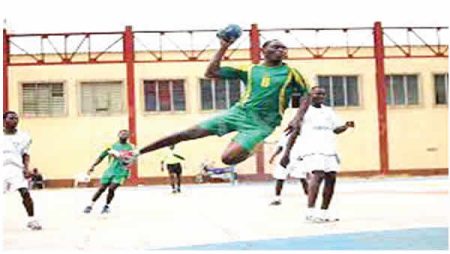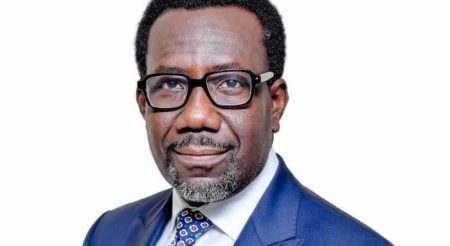Omoyele Sowore, a prominent human rights activist and former presidential candidate, was recently released by the Nigerian police after spending over 48 hours in detention. His arrest stemmed from two petitions alleging forgery of police documents and cyberbullying. This detention ignited a firestorm of criticism and condemnation from various quarters, highlighting concerns about human rights violations and the suppression of dissent in Nigeria. Sowore’s legal team vehemently asserted that his detention was unlawful and that he was subjected to inhumane treatment, including physical injury, while in custody. The police, however, maintained that they were conducting a legitimate investigation.
Sowore’s account of his detention painted a stark picture of alleged police brutality. He claimed his hand was broken during his time in custody and that he was denied proper medical attention. He further accused the police of attempting to manipulate the media by portraying him as being in good condition while concealing his injuries. This alleged attempt to control the narrative surrounding his detention further fueled public outrage and intensified calls for his release. The police countered this by stating that Sowore refused to cooperate and give a statement, justifying their continued detainment.
The activist’s detention sparked protests across several states in Nigeria, as supporters rallied to demand his freedom. Prominent figures, including former Vice President Atiku Abubakar and Labour Party presidential candidate Peter Obi, joined the chorus of voices denouncing the arrest. They characterized the detention as an abuse of power and a blatant attempt to stifle free speech. Atiku specifically pointed to Sowore’s outspoken criticism of government policies and alleged corruption as the likely motivation behind his arrest.
Human rights organizations and legal experts also weighed in on the issue, expressing grave concerns about the implications of Sowore’s detention for the state of democracy in Nigeria. SERAP, a prominent human rights organization, described the arrest as a violation of both the Nigerian constitution and international human rights treaties. They emphasized the importance of upholding the right to freedom of expression and called for an immediate end to what they called “persecution.” These organizations argued that the arbitrary detention of individuals for exercising their fundamental rights sets a dangerous precedent and undermines the rule of law.
Femi Falana, a renowned human rights lawyer representing Sowore, condemned the alleged torture inflicted upon his client while in police custody. He demanded a thorough investigation into the matter and insisted that the officers responsible be held accountable under the Anti-Torture Act. Falana underscored the fundamental right to the dignity of person, guaranteed by the Nigerian constitution, and emphasized that even suspects in police custody are entitled to humane treatment. He further called for Sowore’s immediate release so he could receive proper medical care for his injuries.
The controversy surrounding Sowore’s detention shines a light on the ongoing struggle for human rights and freedom of expression in Nigeria. The conflicting accounts of the incident, with the police claiming lawful procedure and Sowore alleging abuse, highlight the need for transparency and accountability within law enforcement agencies. The widespread condemnation from prominent figures, human rights organizations, and the general public underscores the importance of protecting fundamental freedoms and ensuring that the rule of law is upheld. The incident serves as a reminder of the fragility of democratic principles and the constant vigilance required to safeguard them.


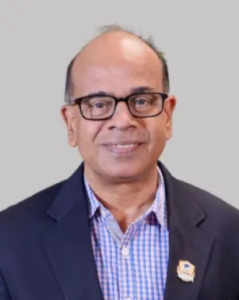
![U.S. Embassy Addresses Governance Reform in [Country/Location]](https://westafrican.news/wp-content/uploads/2025/09/L-R-Justice-Minister-Cllr.-Tweah-and-US-Charge-dAffaires-Zadrozny-225x300.png)
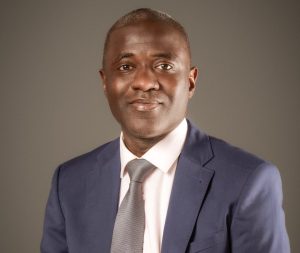
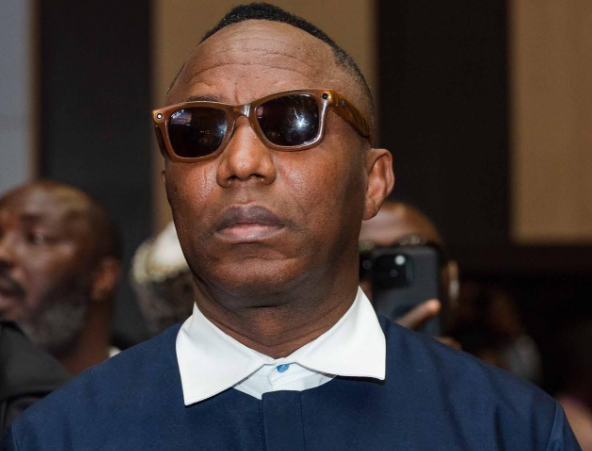
![U.S. Embassy Addresses Governance Reform in [Country/Location]](https://westafrican.news/wp-content/uploads/2025/09/L-R-Justice-Minister-Cllr.-Tweah-and-US-Charge-dAffaires-Zadrozny.png)
